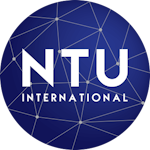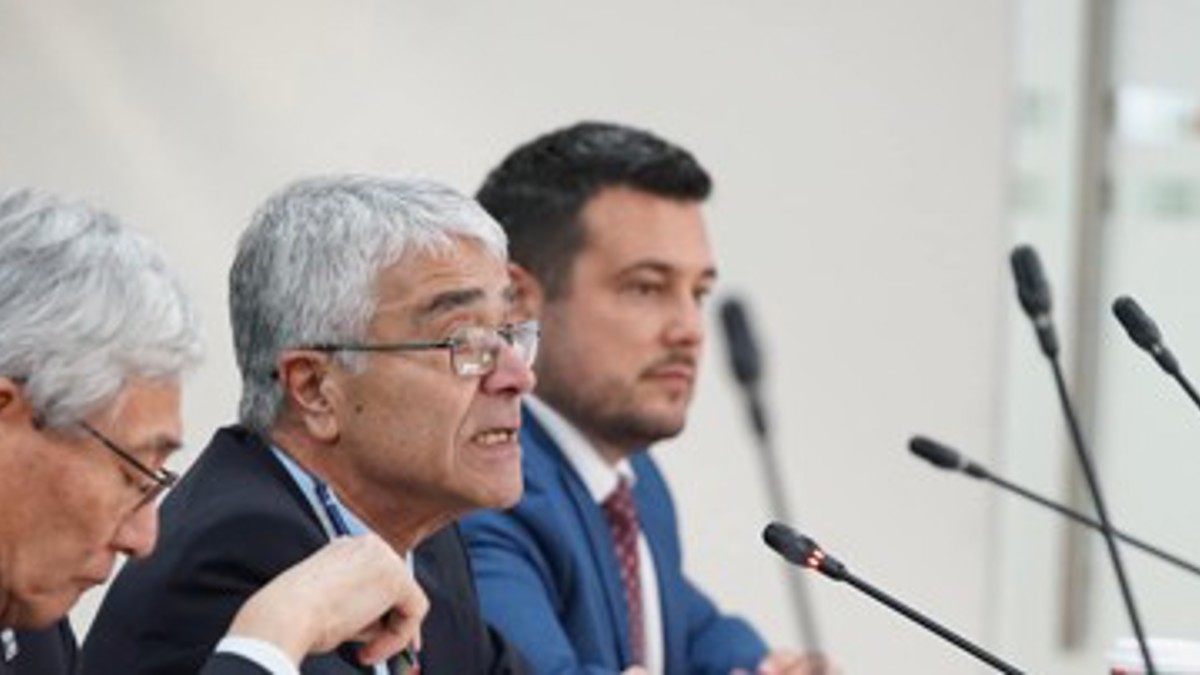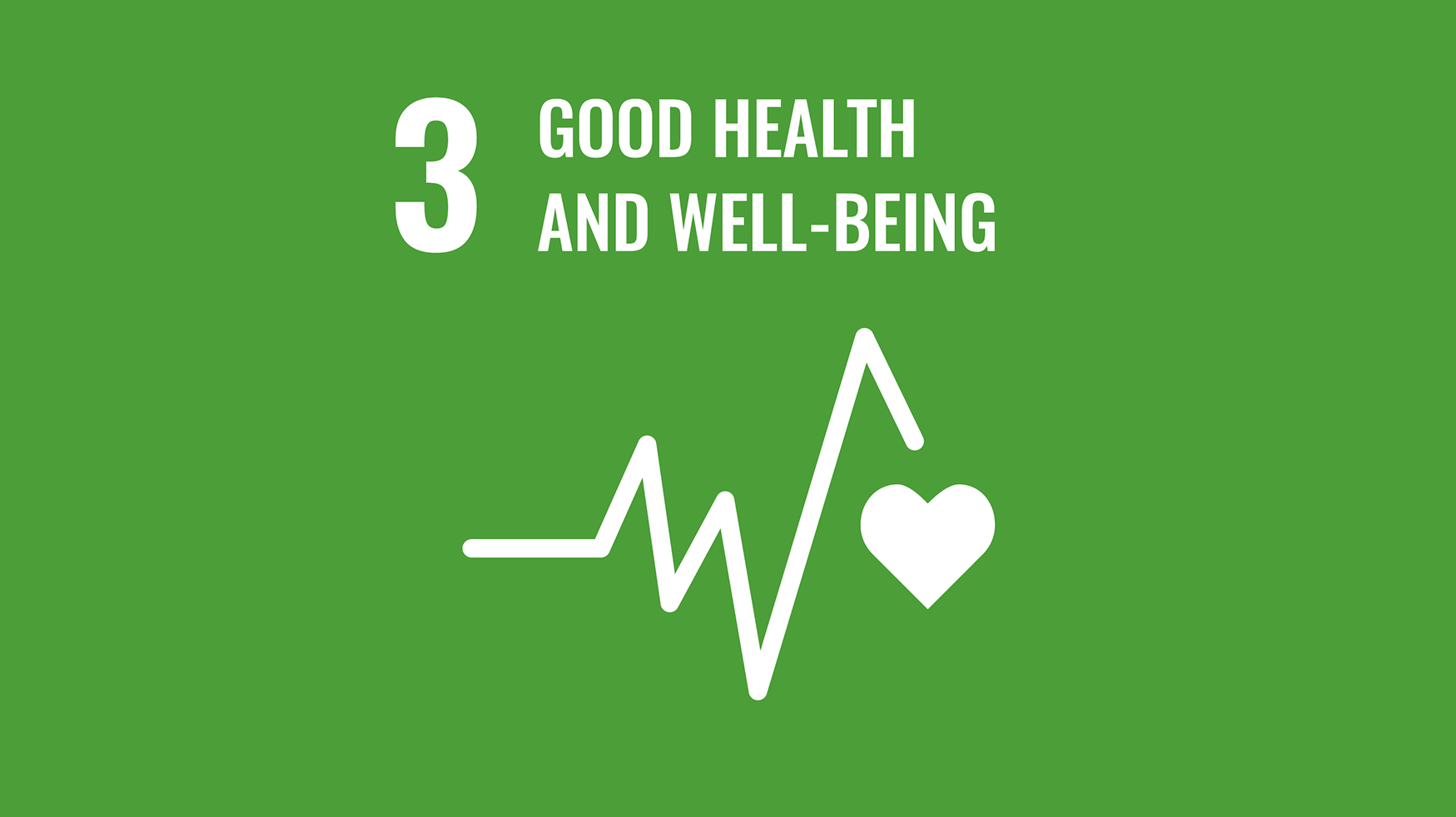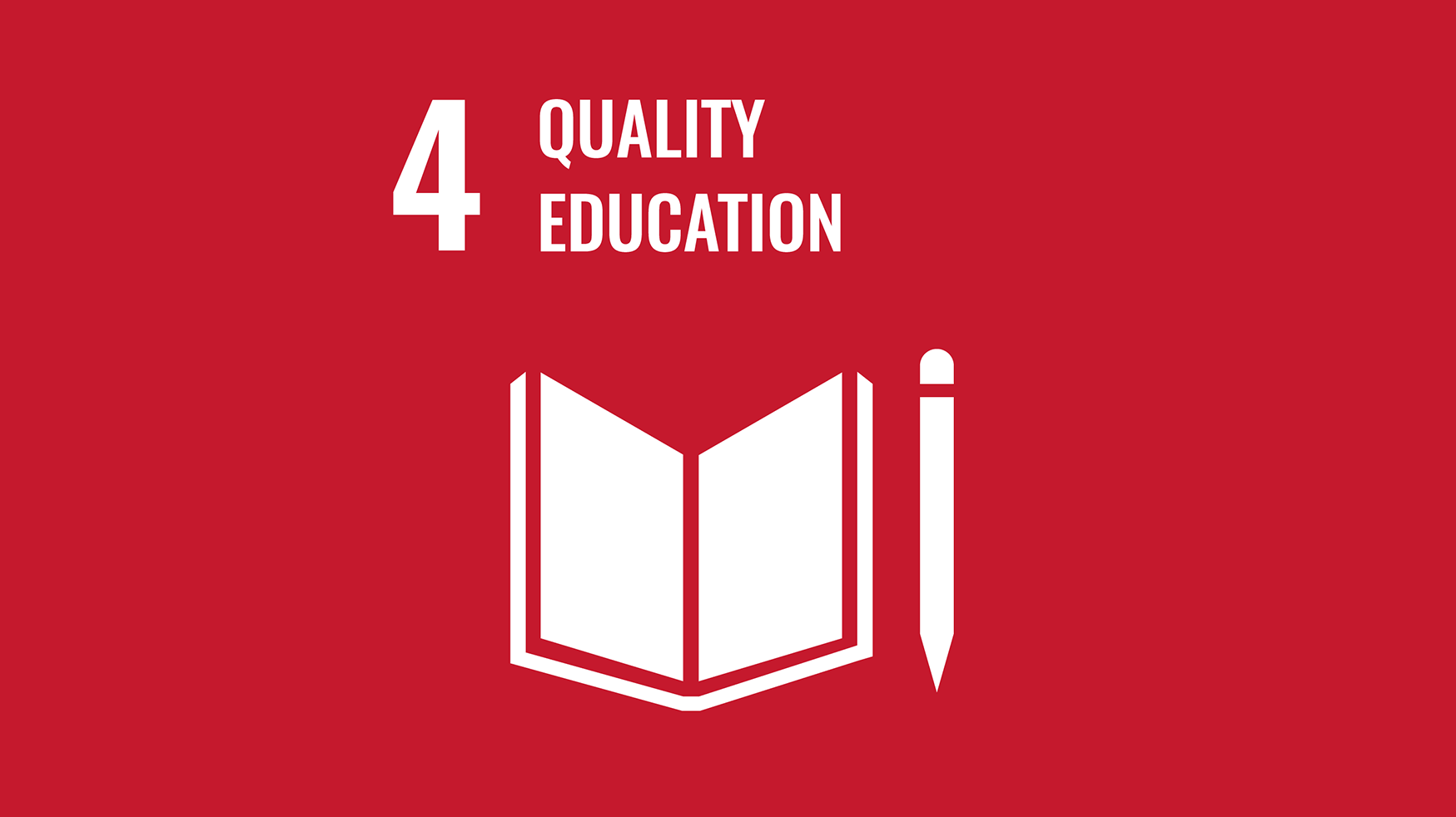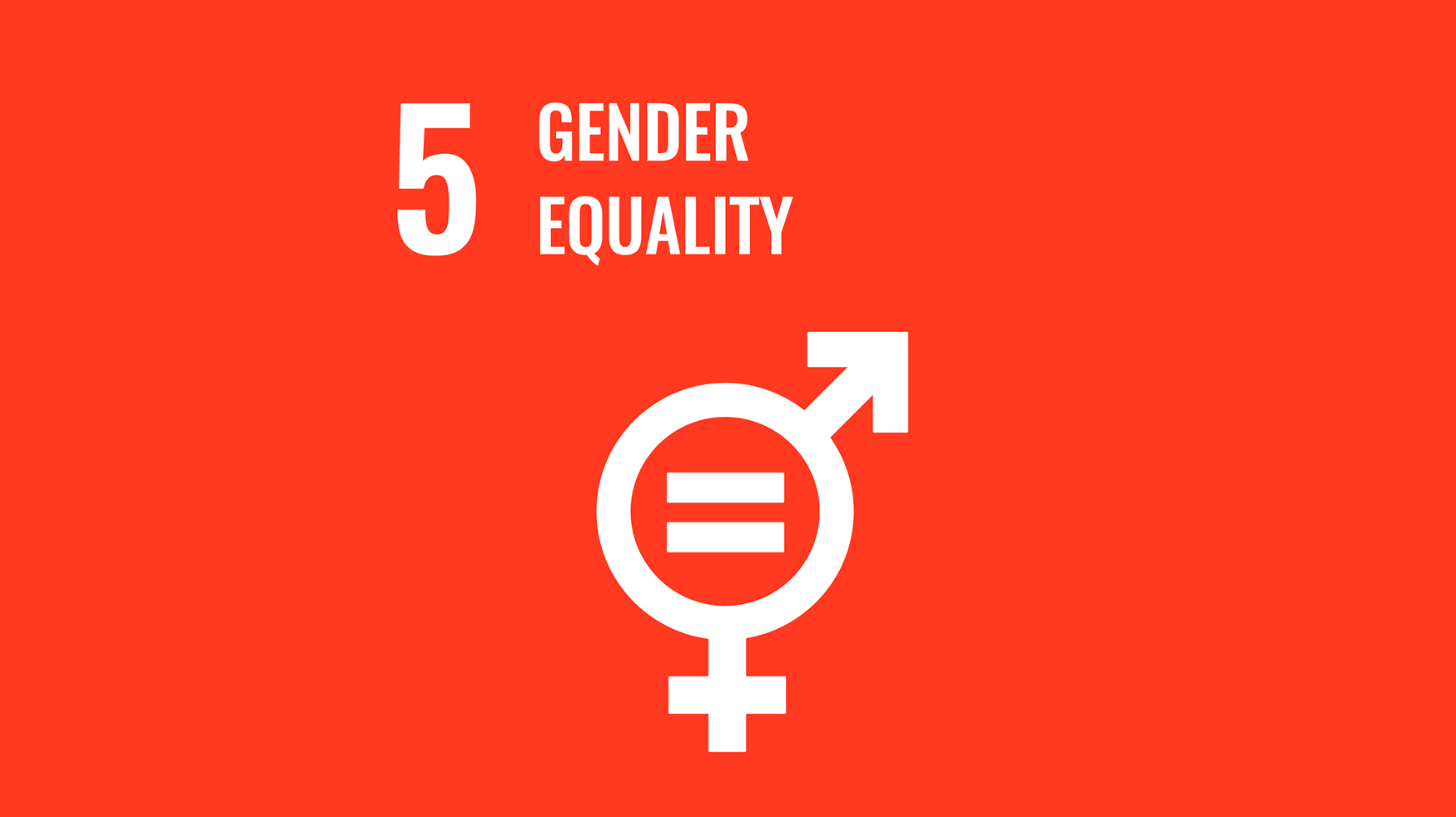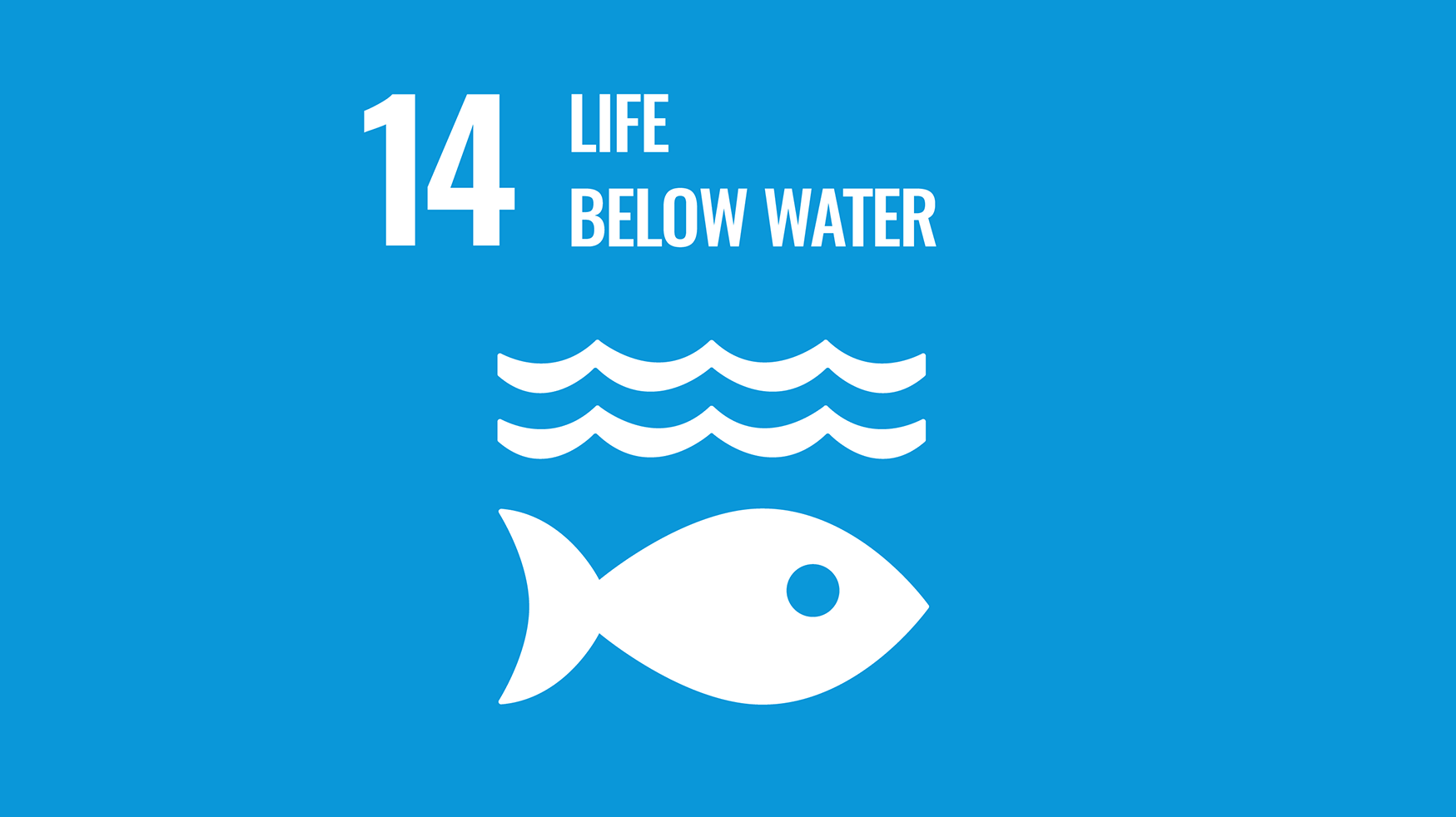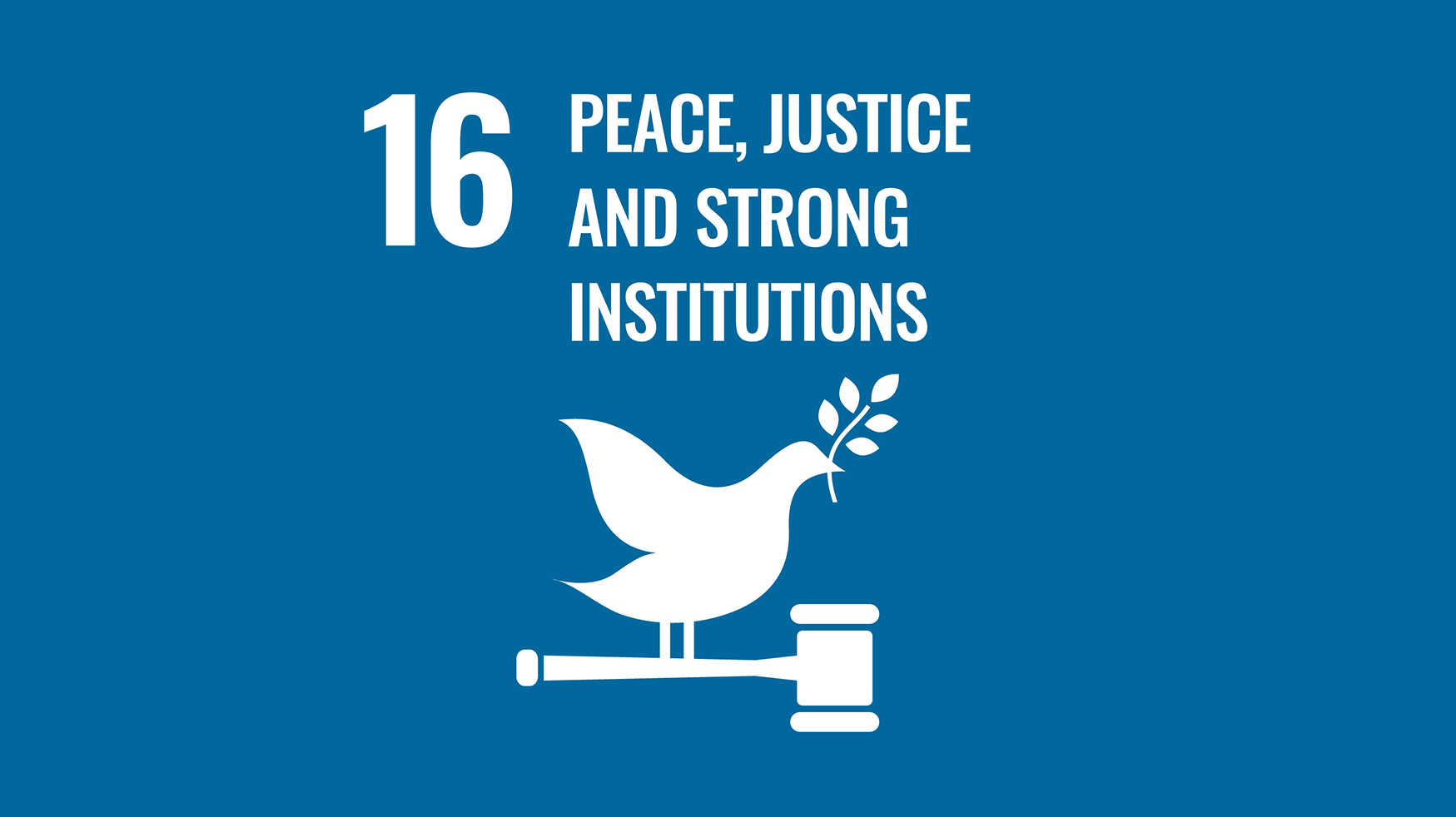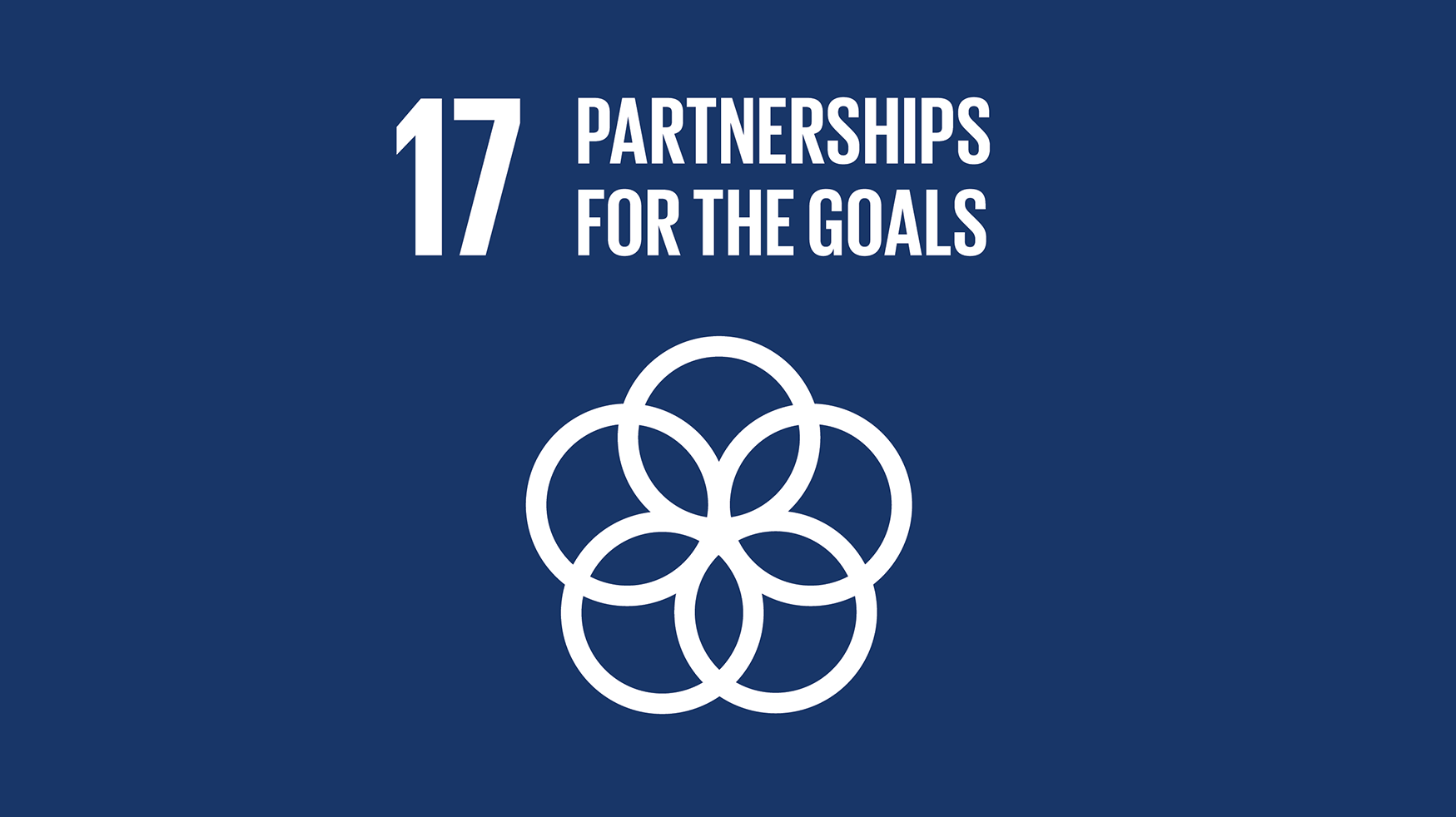
Southeast Asia serves as a vital conduit for the waterborne trade. ASEAN nations are also major contributors to the global seafaring workforce, with the Philippines and Indonesia supplying a large portion of the world's seafarers. Shipping is one of the safest modes of transport; however, there are still numerous accidents every year, the majority of which are related to human factors. The main issues that influence human factors are education, training and working conditions.
The work of seafarers is regulated by the 2006 Maritime Labour Convention (MLC) and the 1978 Convention on Standards of Training, Certification and Watchkeeping for Seafarers (STCW Convention), which respectively establish the minimum standards for seafarers’ living and working conditions as well as the minimum requirements for their education, training, and certification.

The EU-funded SCOPE - Seafarers - Technical Assistance project is aimed at supporting the maritime stakeholders within the ASEAN region in meeting the requirements of international regulations, specifically the STCW Convention, and the MLC. The project is part of the EU-ASEAN Sustainable Connectivity Package, financed under the NDICI-Global Europe. The action is a key EU contribution to the Team Europe Initiative (TEI) on Sustainable Connectivity with ASEAN and part of the Global Gateway Strategy. The project addresses several connectivity priorities and promotes key EU principles including high labour standards, sustainability, good governance and transparency, contributing to catalysing public and private investments.

Sources: https://unctadstat.unctad.org/CountryProfile/MaritimeProfile/en-GB/608/index.html, https://unctadstat.unctad.org/CountryProfile/MaritimeProfile/en-GB/360/index.html
Implementation
The implementation of activities involves a combination of desk and field studies, policy reviews and strategic planning to assess and strengthen institutional and individual capacities of the Maritime Industry Authority (MARINA) and the Commission on Higher Education (CHED) of the Maritime Education and Training (MET) Institutions in Philippines, as well as Coordinating Ministry for Maritime Affairs and Investments (Kemenko Marves) and Coordinating Ministry for Political, Legal, and Security Affairs (Kemenko Polhukam) in Indonesia. NTU is preparing to conduct comprehensive reviews and provide recommendations on regulations, policies, and operational procedures to ensure alignment with the STCW Convention. As part of this process, methodologies and frameworks for monitoring, enforcement, and certification processes are being refined to address findings from the most recent European Maritime Safety Agency (EMSA) inspections. NTU is in the process of assessing gaps, needs, and areas requiring improvement. This work will culminate in the development of a capacity-building plan and the delivery of targeted training sessions, workshops, and seminars. Additionally, NTU will create tailor-made training materials, such as curriculums, to support the improvement of skills and knowledge among relevant authorities and stakeholders. These efforts will focus on aligning with the STCW Convention and enhancing the implementation of the MLC, 2006, in the Philippines and Indonesia.
Collaboration and synergy among institutions is fostered through meetings, forums, and the establishment of a Virtual Cooperation Platform. This will enable European and ASEAN stakeholders to share best practices, exchange experiences, and tackle common challenges related to fair recruitment and placement. Strategic communication and visibility efforts include outreach events and the production of resources such as guidelines, handbooks, and an app for seafarers to provide feedback and assess seafarers' awareness of the MLC, 2006.
Expected Impact
- Transport connectivity and technical cooperation between the EU and ASEAN as well as within ASEAN is enhanced, with a focus on safety, digital solutions, and social and environmental sustainability.
- Maritime education, training and assessment of competence are effectively monitored by relevant authorities in the Philippines in accordance with the STCW Convention.
- Study programmes, courses, examinations, assessment of competence and consequent certification comply with the specific requirements of the STCW Convention and Code in the Philippines.
- Technical cooperation measures and other activities related to the education and training of seafarers in the Philippines are coordinated internally and at the regional level.
- Activities put in place by the relevant maritime authorities comply with the requirements of the STCW Convention and Code in Indonesia.
- Cooperation and coordination between Indonesia, Philippines and neighbouring ASEAN member states, especially those in need of assistance, on the implementation of the STCW Convention and Code is improved.
- Legal framework and operation activities put in place, by relevant maritime authorities comply with requirements of the MLC, 2006 standards.
- Awareness among the seafarers regarding the requirements of the MLC, 2006 is improved.
- Recruitment and placement services operating in accordance with the requirements of the MLC, 2006 are ensured.
- EU-ASEAN cross-regional university (MET institutions) networks are established.
- New areas of education are promoted.
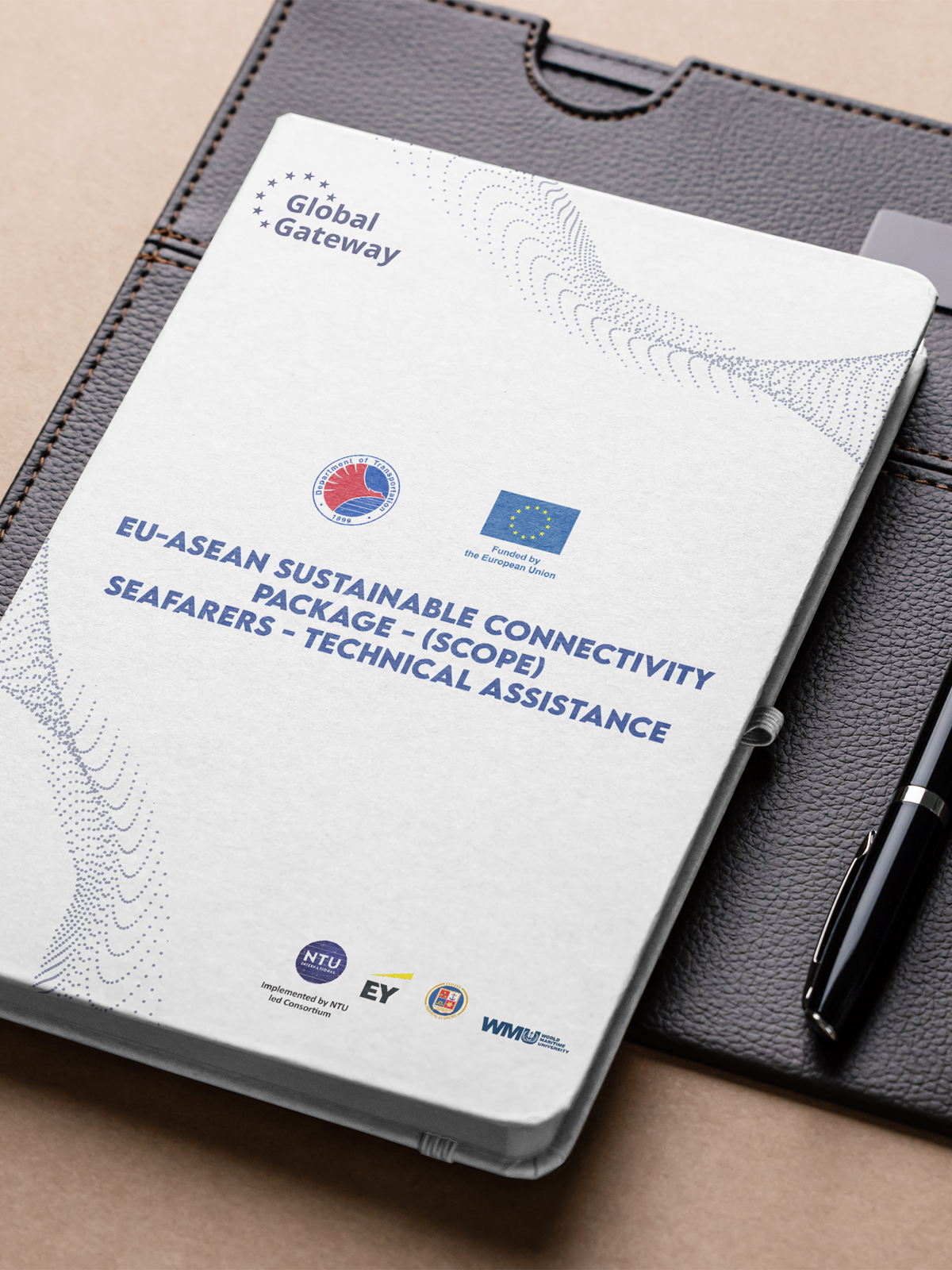
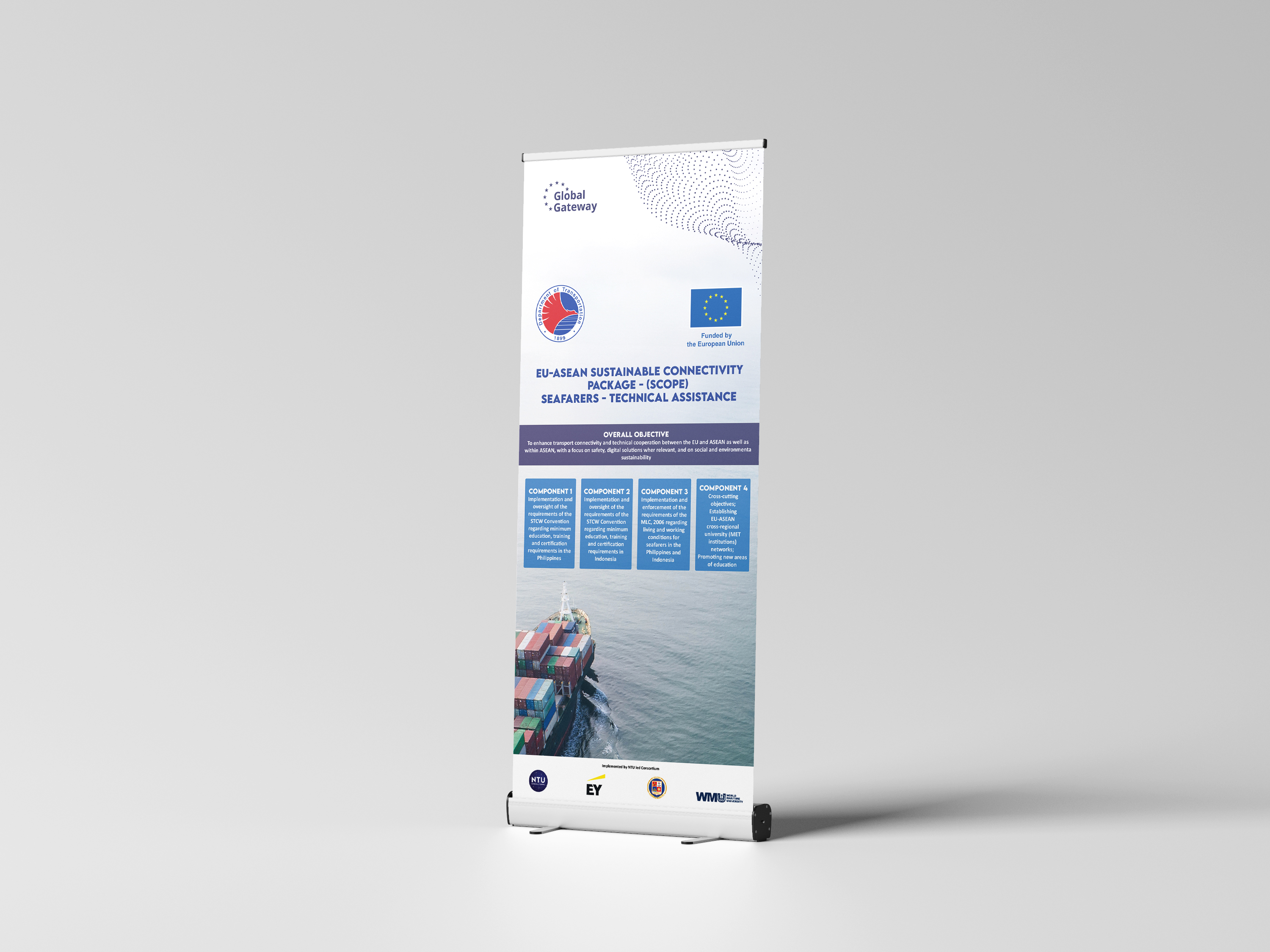
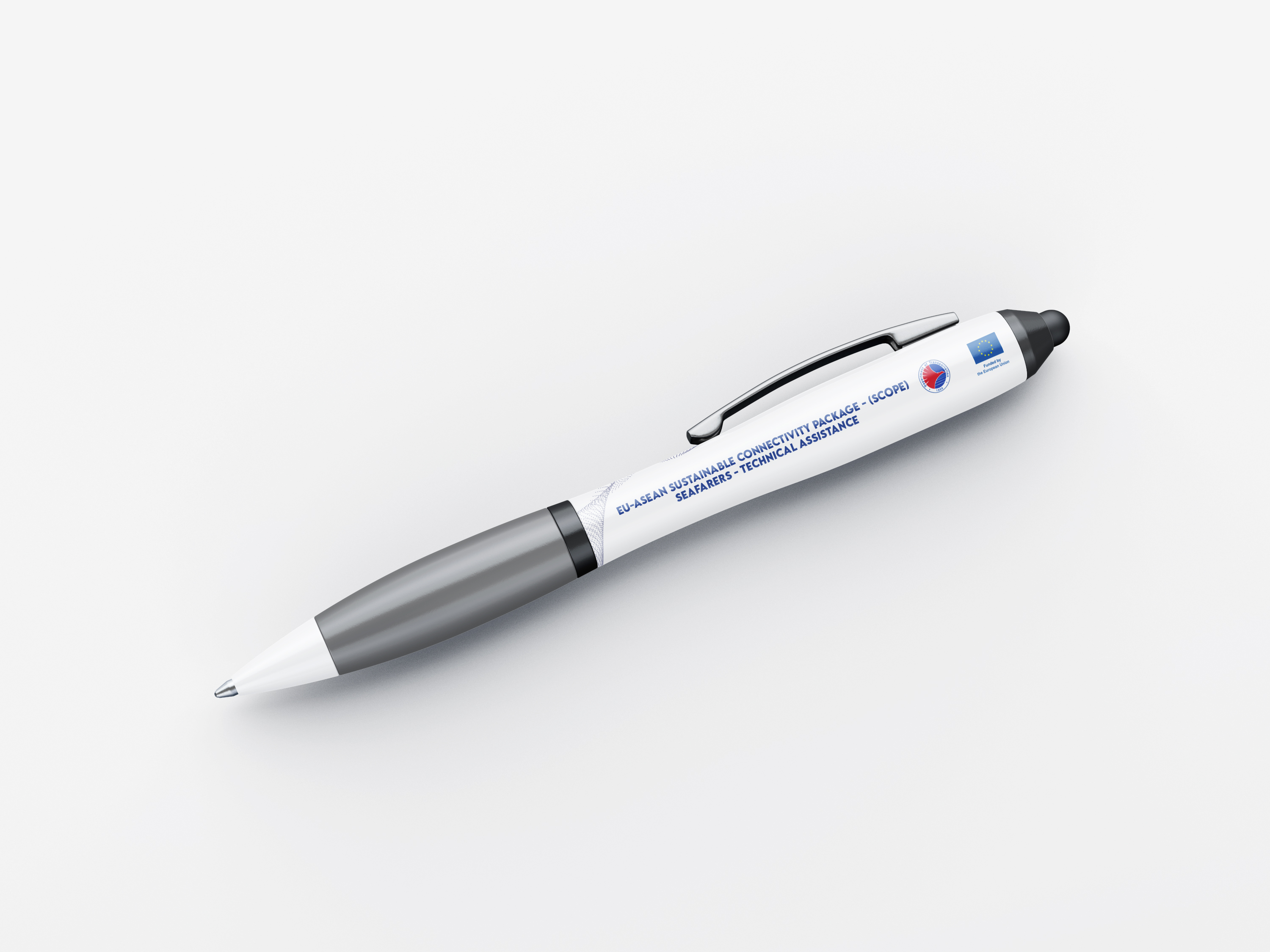
SDGs:
